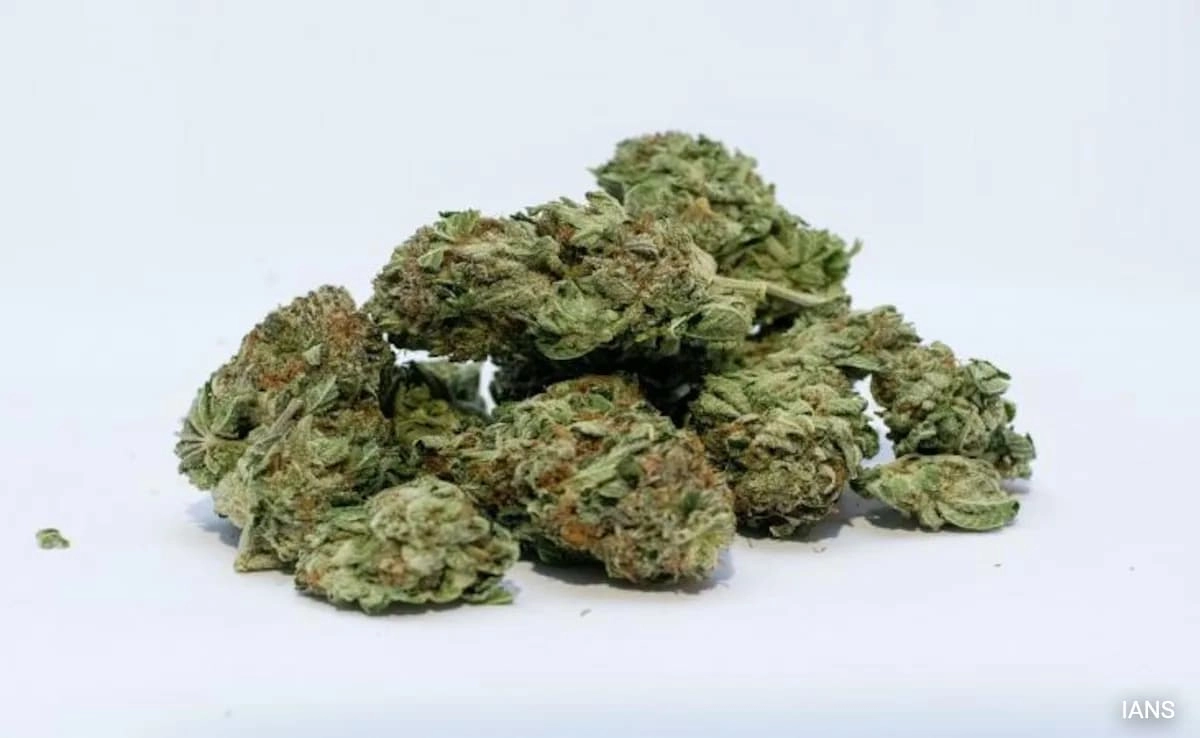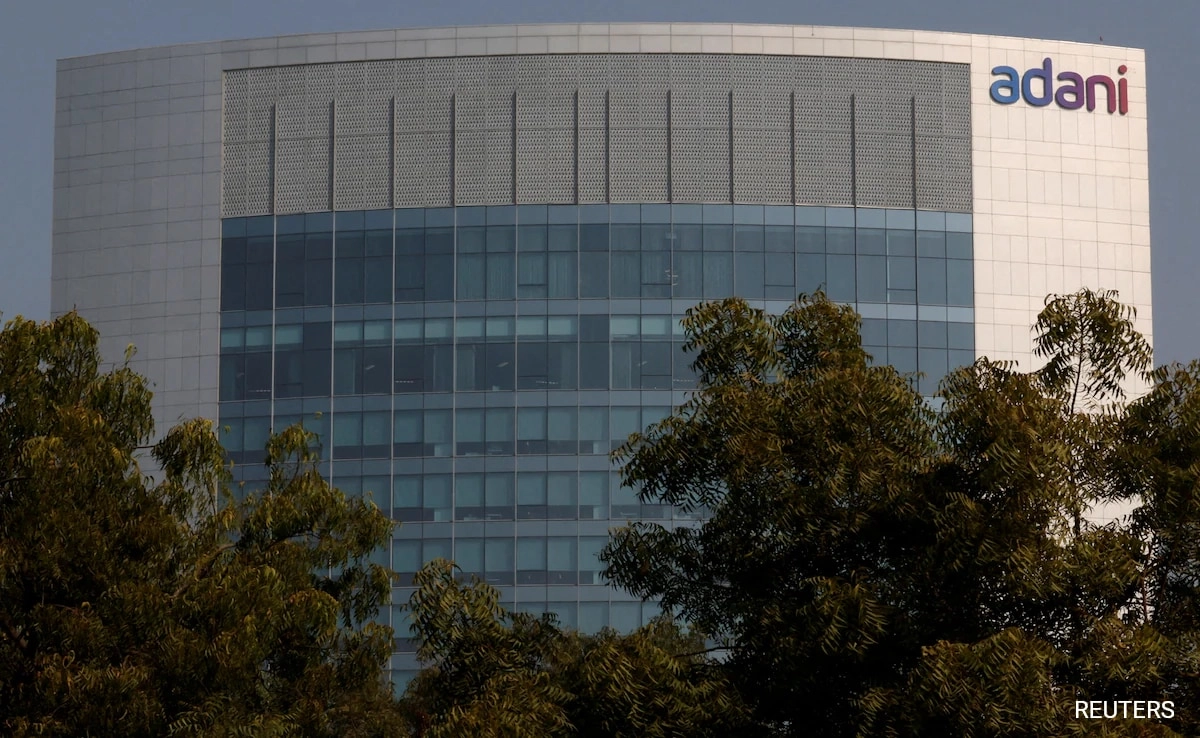In a significant drug bust at Mumbai Airport, law enforcement officials seized a substantial quantity of hydroponic cannabis valued at approximately Rs 3.47 crore. The operation, which took place recently, led to the arrest of two individuals believed to be involved in the illicit trafficking of this high-value cannabis strain. Hydroponic cannabis is particularly notable for its cultivation method, which allows for the growth of plants without soil, using nutrient-rich water instead. This method often results in a more potent product, making it an attractive option for illegal trade.
The seizure highlights the ongoing challenges that authorities face in combating drug trafficking in urban areas. Mumbai, being one of India’s busiest airports and a major transit hub, has increasingly become a focal point for smuggling operations. The sophistication of these operations has grown, with traffickers employing various methods to evade detection. In this instance, the authorities’ vigilance and effective coordination with customs officials played a crucial role in intercepting the drugs before they could reach the market.
The arrests made during this operation underscore the commitment of law enforcement agencies to crack down on drug trafficking networks. As the demand for cannabis, particularly hydroponic varieties, increases, so does the need for robust measures to prevent its illegal importation. The implications of such drug trafficking extend beyond the immediate legal consequences for those caught; they also pose significant public health risks and contribute to a broader societal issue surrounding drug abuse and addiction.
As investigations continue, authorities are likely to delve deeper into the supply chain to identify other potential players involved in this illegal trade. The incident serves as a stark reminder of the ongoing battle against drug trafficking and the necessity for continuous vigilance and cooperation among various law enforcement agencies. It also raises awareness about the methods used in modern drug cultivation and distribution, as well as the need for public education on the risks associated with illegal drugs.




